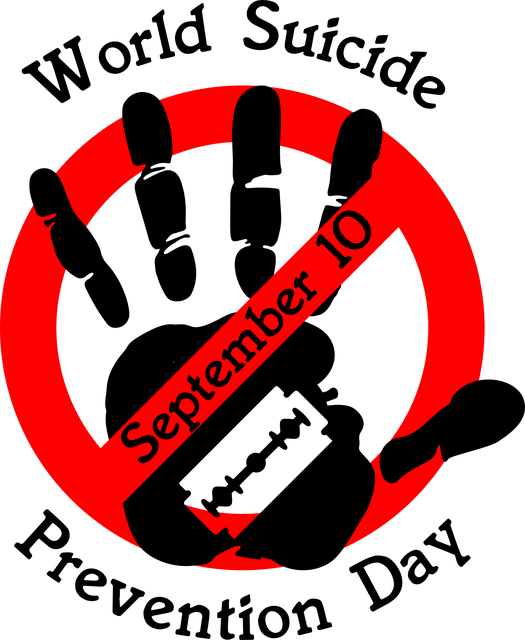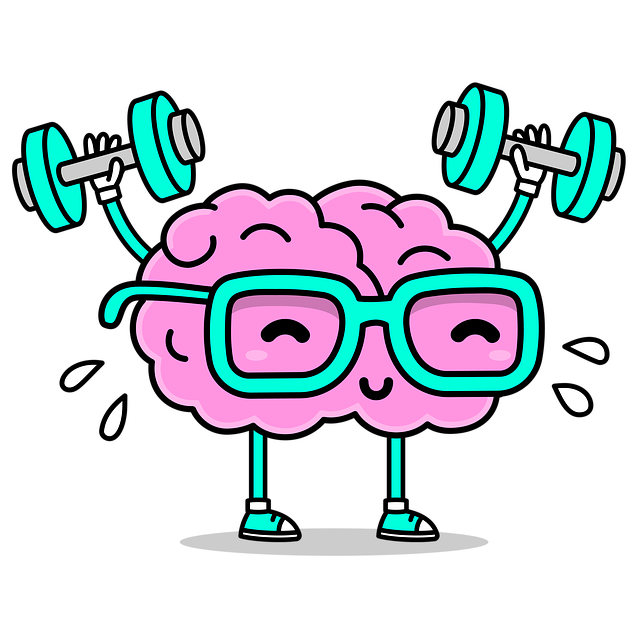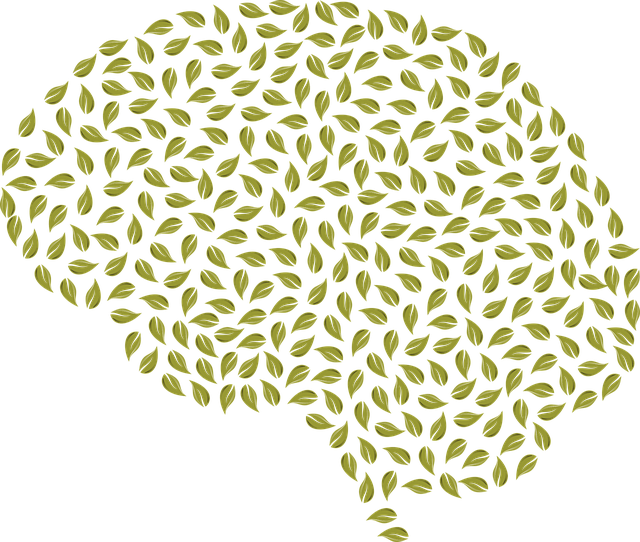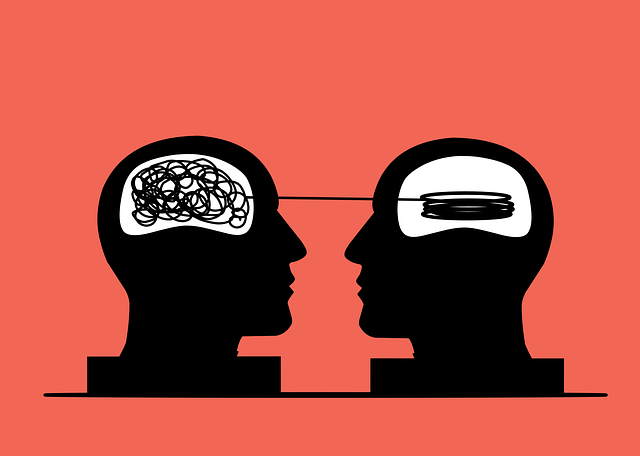Centennial Trauma Therapy (CTT) is a pioneering approach in mental wellness, combining trauma studies with therapeutic practices for comprehensive self-assessment. CTT tools empower individuals to understand emotional, psychological, and social aspects of their well-being, track progress, and develop coping strategies. By integrating CTT techniques, these tools offer personalized support, identify triggers, and enhance resilience, especially beneficial in high-stress environments. They promote early mental health detection, prevent burnout, and foster holistic wellness through evidence-based practices tailored to diverse needs. With cultural sensitivity, CTT self-assessments create inclusive interventions, breaking down societal barriers and improving access to support for marginalized communities. Advanced technologies further transform these tools, making them accessible and interactive, while research ensures their effectiveness in the evolving mental health landscape.
Mental wellness self-assessment tools play a crucial role in promoting individual awareness and early intervention. This article delves into the development of such tools, highlighting key aspects like understanding mental wellness, the integration of Centennial Trauma Therapy, and creating culturally sensitive assessments. We explore effective strategies for evaluating mental health while acknowledging the diverse needs of global populations. Furthermore, we discuss future trends, including technological advancements that promise to revolutionize self-assessment practices in the digital age.
- Understanding Mental Wellness and Self-Assessment
- The Role of Centennial Trauma Therapy in Self-Assessment Tools
- Developing Effective Self-Assessment Tools for Mental Health
- Integrating Cultural Sensitivity and Diversity in Mental Wellness Tools
- Future Trends and Innovations in Self-Assessment for Mental Wellness
Understanding Mental Wellness and Self-Assessment

Understanding mental wellness involves acknowledging that it’s a multifaceted aspect of our overall well-being, encompassing emotional, psychological, and social elements. It’s about recognizing and managing one’s thoughts, feelings, and behaviors to lead a fulfilling life. Self-assessment plays a pivotal role in this journey, enabling individuals to gain valuable insights into their mental health status. By assessing themselves, people can identify strengths and weaknesses, triggers for stress or anxiety, and patterns of thinking that may be causing distress. This proactive approach is crucial in fostering self-care and promoting resilience, as it empowers individuals to take charge of their mental wellness.
At Centennial Trauma Therapy, we believe in empowering clients through Self-Awareness Exercises, Resilience Building, and Mindfulness Meditation. These practices not only facilitate a deeper understanding of one’s emotional landscape but also provide practical tools for navigating life’s challenges. Through regular self-assessment, individuals can track their progress, adjust coping strategies, and cultivate a healthier relationship with their mental state. This continuous process ensures that they remain equipped to handle stress, overcome obstacles, and thrive in all aspects of their lives.
The Role of Centennial Trauma Therapy in Self-Assessment Tools

Centennial Trauma Therapy plays a pivotal role in the development of effective mental wellness self-assessment tools. By integrating insights from contemporary trauma studies, these therapeutic approaches help individuals navigate their past traumas and current stressors. Self-assessment tools that incorporate Centennial Trauma Therapy techniques can provide deeper insights into an individual’s emotional state, offering more nuanced and tailored support. This is particularly beneficial for identifying triggers, developing coping skills, and preventing burnout in high-stress environments.
Furthermore, the integration of Centennial Trauma Therapy principles enhances the accuracy and reliability of self-assessment tools by addressing underlying trauma dynamics. This not only improves mental wellness screening but also ensures that individuals receiving support through these tools benefit from evidence-based practices like those offered by Trauma Support Services. Ultimately, this holistic approach to mental wellness fosters better coping Skills Development, enabling individuals to lead more balanced and fulfilling lives.
Developing Effective Self-Assessment Tools for Mental Health

Developing effective self-assessment tools for mental health is a critical component of holistic wellness initiatives, especially in today’s fast-paced world where stress and anxiety are prevalent. These tools play a pivotal role in early detection and prevention, allowing individuals to take proactive measures towards maintaining their emotional well-being. One such innovative approach is integrating Centennial Trauma Therapy techniques into self-assessment platforms, offering a comprehensive framework for understanding and managing trauma-related issues. By combining evidence-based practices with user-friendly interfaces, these tools can enhance public awareness campaigns development and promote emotional well-being on a larger scale.
Furthermore, the inclusion of conflict resolution techniques within these assessments provides users with valuable skills to navigate challenging situations, thereby reducing the potential for escalating mental health issues. Regular utilization of self-assessment tools can foster personal growth, improve coping mechanisms, and encourage open conversations about mental health—a crucial step in breaking down societal barriers and stigma. This, in turn, paves the way for more effective support systems and better access to resources, ultimately benefiting individuals seeking to optimize their mental wellness journey.
Integrating Cultural Sensitivity and Diversity in Mental Wellness Tools

In developing mental wellness self-assessment tools, integrating cultural sensitivity and diversity is paramount. These tools must be designed to serve a diverse population, recognizing that people from different backgrounds, including various ethnic groups, racial identities, and socioeconomic statuses, may experience and express mental health challenges differently. For instance, what constitutes stress or depression can vary significantly across cultures, influenced by unique social norms, values, and beliefs. Tools like Centennial Trauma Therapy, which focuses on addressing historical and intergenerational trauma prevalent in marginalized communities, play a crucial role in this context.
By incorporating cultural perspectives into mental wellness coaching programs development, we ensure that these tools are inclusive and effective. This approach not only respects the diversity of users but also enables tailored interventions for specific populations. For example, incorporating traditional healing practices or adaptive coping strategies from different cultures can enhance stress reduction methods and depression prevention efforts, making them more accessible and appealing to a broader audience.
Future Trends and Innovations in Self-Assessment for Mental Wellness

As we move forward into a new era of mental health awareness, self-assessment tools are evolving to meet the diverse needs of individuals seeking support. The future trends in mental wellness self-assessment heavily rely on integrating advanced technologies while maintaining a focus on holistic well-being. For instance, digital platforms and mobile applications can offer accessible and interactive assessments, providing personalized feedback and resources tailored to individual needs. This shift towards digital tools can significantly enhance reach, especially for those in remote areas or facing barriers to traditional therapy.
One emerging concept is the integration of Centennial Trauma Therapy techniques into self-assessment protocols. By recognizing the impact of historical and intergenerational trauma on mental health, these innovative approaches aim to promote emotional well-being. Additionally, focusing on self-esteem improvement and burnout prevention strategies for healthcare providers could be a game-changer in early intervention. With ongoing research, we can expect more evidence-based practices to be incorporated, ensuring that self-assessment tools remain effective and up-to-date with the latest mental health trends.
The development of mental wellness self-assessment tools is a dynamic field, with significant advancements driven by innovative approaches like Centennial Trauma Therapy. By integrating cultural sensitivity and diversity, these tools can better serve a wide range of individuals. Future trends promise even more personalized, effective assessments, ensuring access to quality mental health support for all. This evolving landscape offers promising solutions to improve mental wellness globally.











